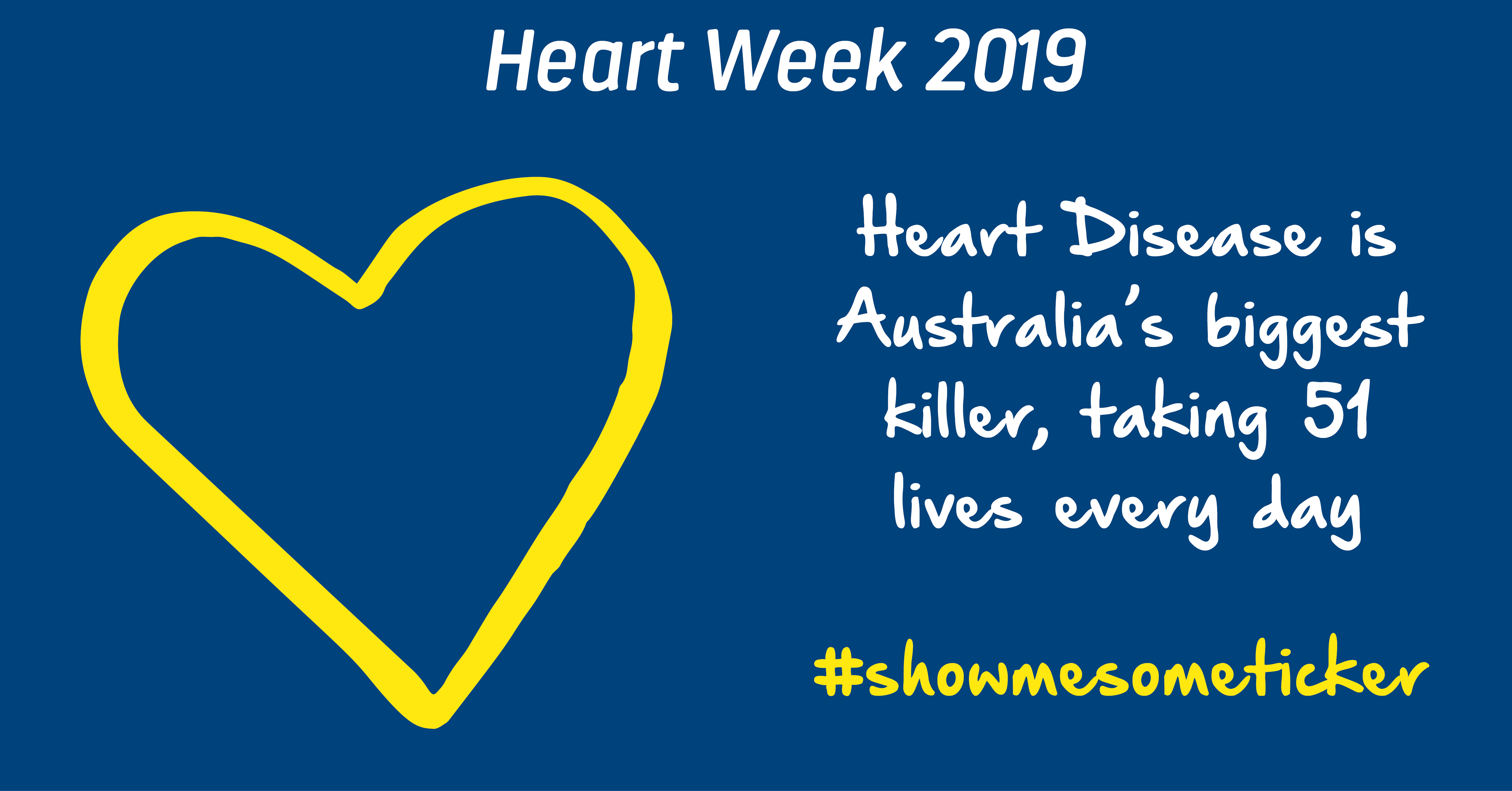

The importance of heart health checks
This Heart Week, 29 April to 4 May, the Heart Foundation is raising awareness about heart health and the steps you can take to reduce your risk of heart disease.
In particular, the Heart Foundation is focusing on:
- What is involved with heart health checks
- Which patients should have regular check-ups
- What steps patients can take to manage their risk of stroke and heart disease.
Heart disease in Australia
According to the Heart Foundation, heart disease is Australia’s biggest killer. Other alarming statistics include:
- Heart disease takes 51 Australian lives every day
- One-fifth of Australians aged 45-74 years are at high risk of having a heart attack or stroke in the next 5 years
- Heart disease kills 1 Australian every 28 minutes – many of these deaths could be prevented.
How to prevent heart disease
While there are risk factors which you cannot control, such as family history and ethnicity, simple lifestyle changes can help keep your heart healthy.
- Eat healthy
Maintaining a healthy diet can help decrease your risk of heart disease and stroke. Choose foods which are low in saturated fat, trans fat and sodium. Include plenty of fruits and vegetables, whole grains, nuts, legumes and oily fish.
- Get active
Just 2 hours and 30 minutes of moderate physical exercise per week can help decrease your risk of Cardiovascular Disease. This includes activities such as walking briskly, jogging, cycling etc.
- Learn the warning signs
Familiarise yourself with the warning signs of a heart attack or stroke, no matter what your age.
Heart attack:
- Uncomfortable pain, pressure, squeezing or fullness in the centre of your chest which lasts more than a few minutes or goes and comes back
- Pain or discomfort in one or both arms, back, neck, jaw or stomach
- Shortness of breath
- Nausea or light-headedness.
Stroke:
- F: Face drooping
- A: Arm weakness
- S: Speech difficulty
- T: Time to call 000.




